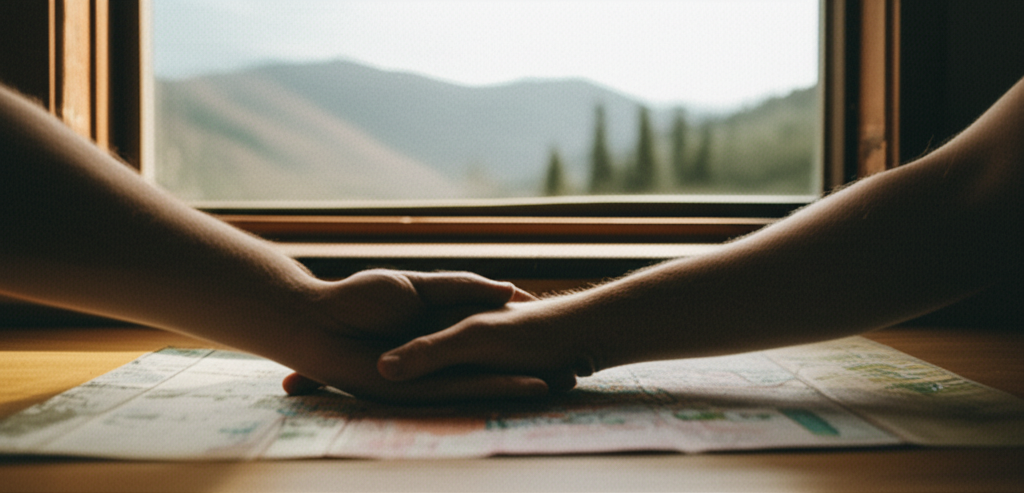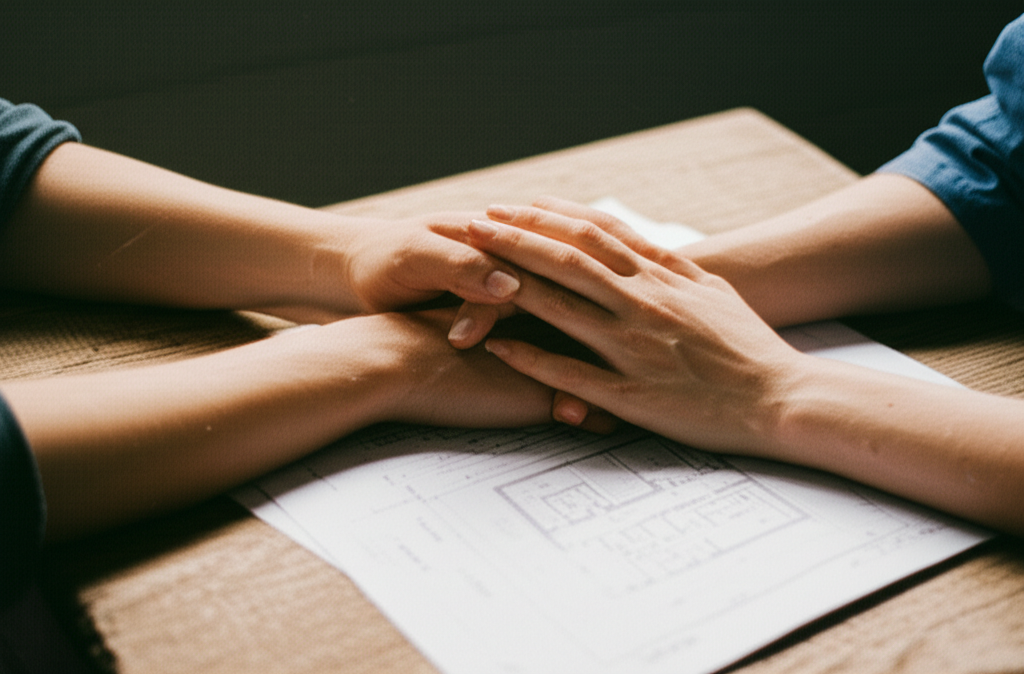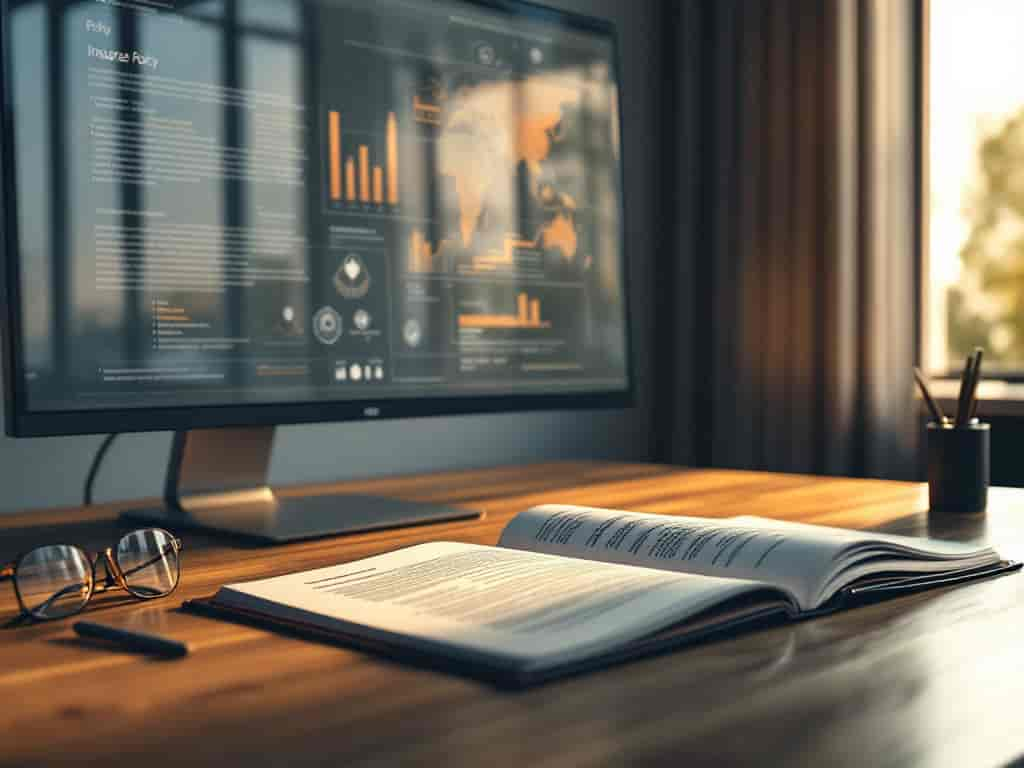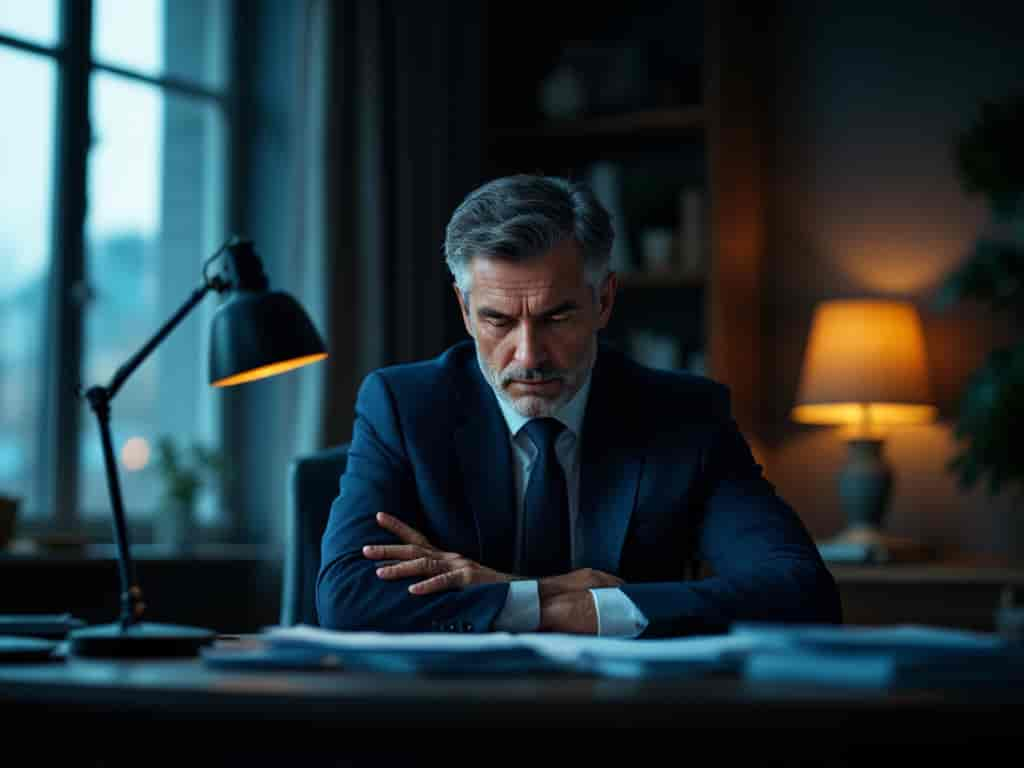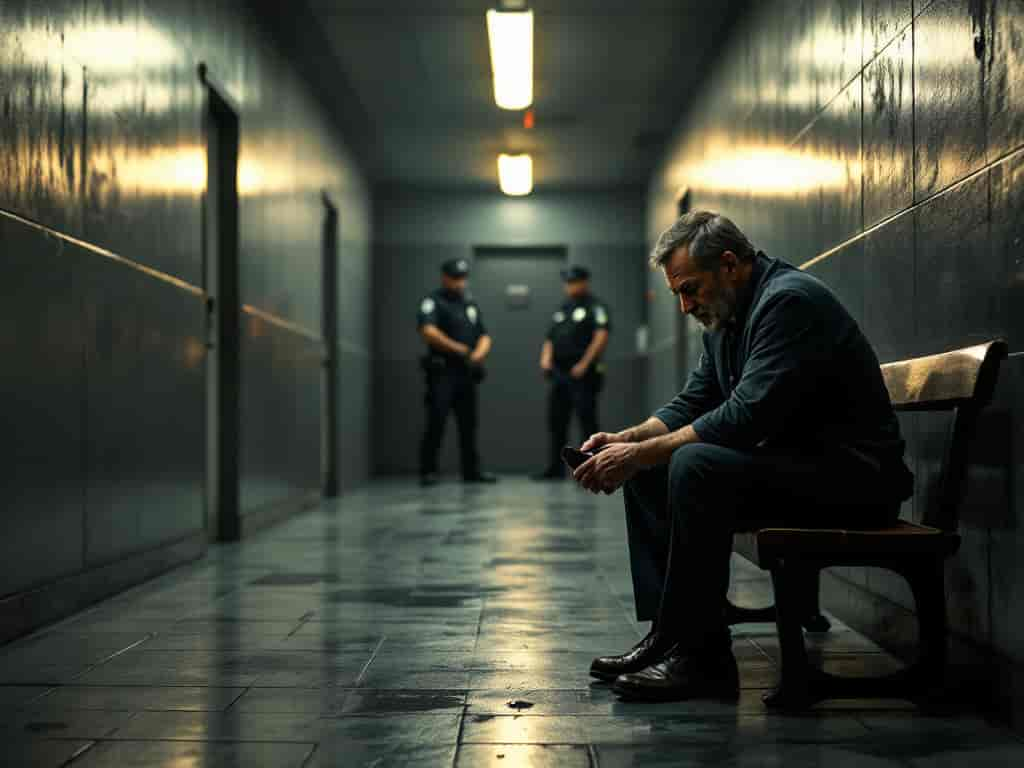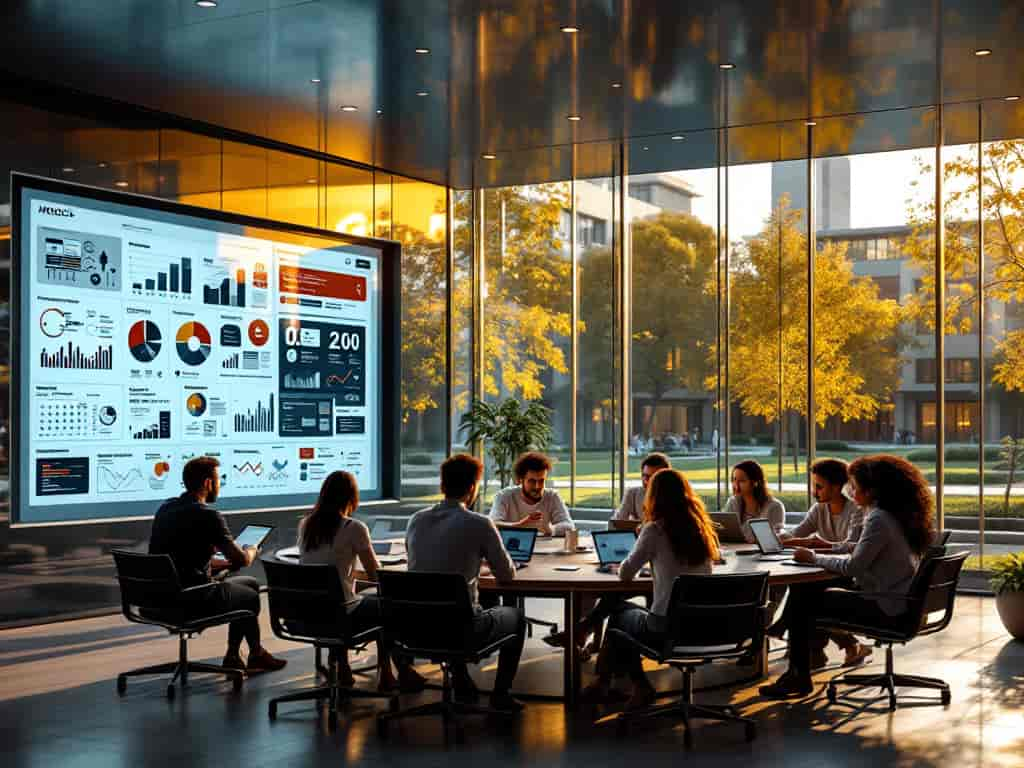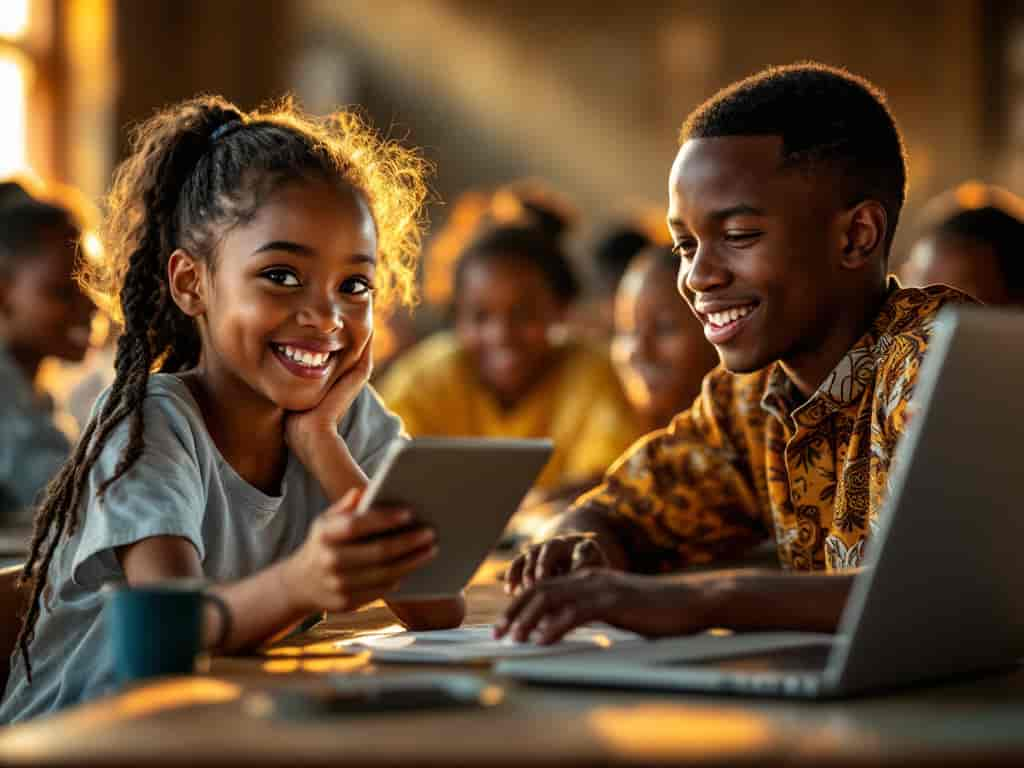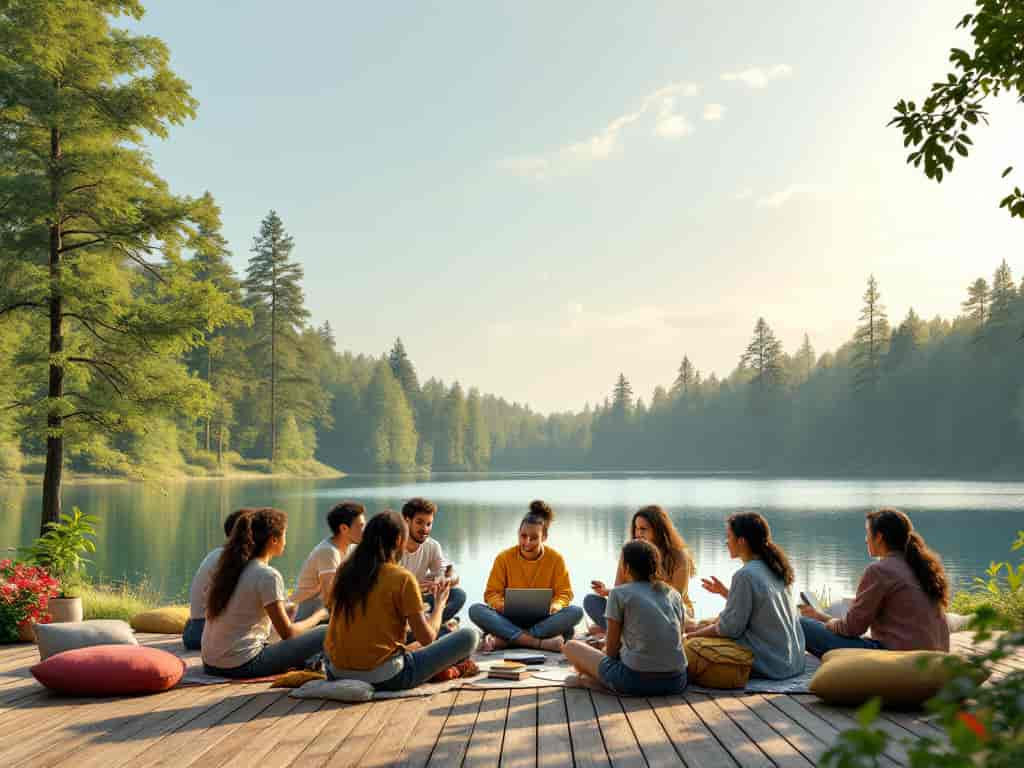How Social Media Shapes Modern Beauty Standards
Ellie Moore
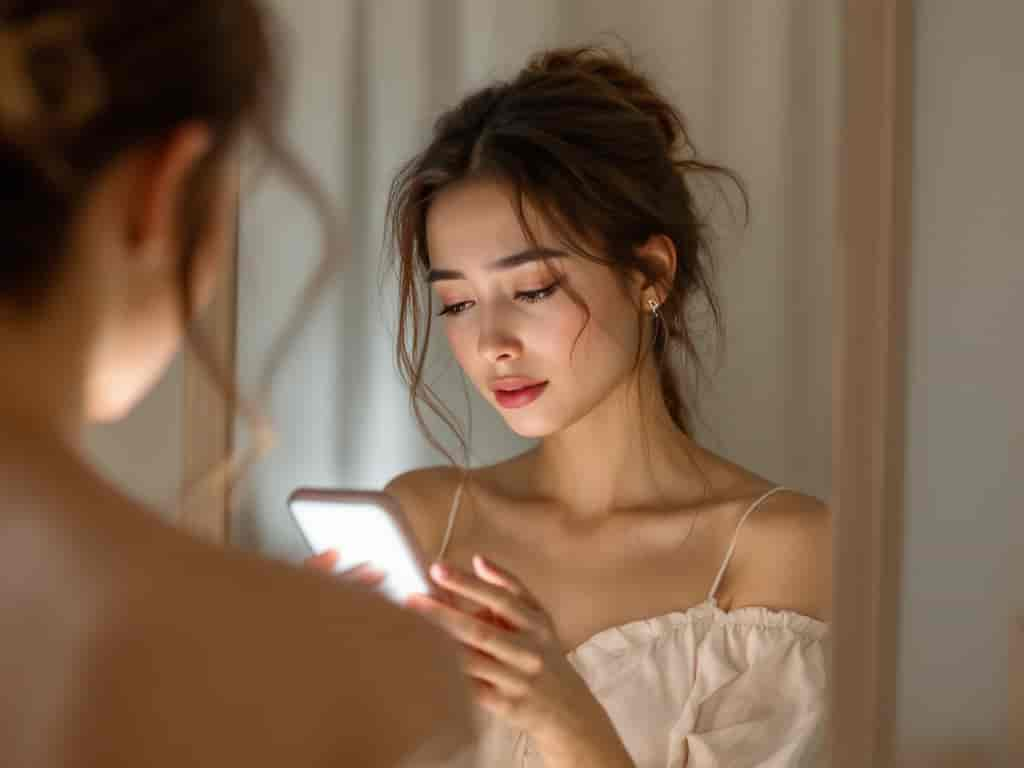
Photo: How Social Media Shapes Modern Beauty Standards
How Social Media Shapes Modern Beauty Standards
In the digital age, social media has become one of the most influential forces in shaping societal norms and perceptions. One of the most significant areas where this influence is felt is in the realm of beauty standards. The way we view beauty, the way we define attractiveness, and even the pressure we place on ourselves and others are all being molded by platforms like Instagram, TikTok, and YouTube. In this article, we will explore how social media has transformed modern beauty standards, why it’s happening, and what this means for individuals today.
The Power of Social Media in Shaping Beauty Standards
How Social Media Influences Beauty Perceptions
From curated Instagram feeds to viral TikTok trends, social media is constantly showcasing idealized images of beauty. These platforms are not only spaces for self-expression but also for cultivating and spreading ideals that often influence millions of users. The rise of influencers, beauty bloggers, and celebrities on social media has created a new wave of beauty standards often unattainable and unrealistic for the average person.
What makes social media unique is the immediate access to content. Users can scroll through images and videos 24/7, making them vulnerable to the constant bombardment of beauty ideals. These ideals are often based on highly stylized, airbrushed, and edited images, which in turn influence the way individuals view themselves and others. In essence, social media has created a virtual “mirror” in which millions of people compare their appearance to the digitally enhanced versions of beauty they see online.
The Rise of Filters and Retouching
One of the most notable changes that social media has brought about is the prevalence of filters and photo editing tools. Apps like Snapchat, Instagram, and FaceApp have made it easier than ever to alter one’s appearance. These tools allow users to smooth out skin, sharpen features, lighten skin tone, and even change facial structures to fit current beauty ideals.
While filters and retouching tools can be fun and creative, they have also contributed to a distorted view of what is considered beautiful. Research suggests that the constant exposure to these manipulated images can lead to body dysmorphia, self-esteem issues, and anxiety, especially among young people. A study by the American Psychological Association found that the use of beauty filters on social media was linked to increased dissatisfaction with physical appearance.
The Celebrity Effect on Beauty Standards
Social media has also amplified the visibility of celebrities and influencers, who often set trends and serve as the primary models for beauty ideals. Influencers with millions of followers are seen as the epitome of beauty, and their carefully curated content showcases their flawless skin, perfect bodies, and pristine makeup looks.
In many cases, influencers are paid to endorse beauty products, fashion trends, and even cosmetic procedures. This not only influences their followers' purchasing behavior but also reinforces specific standards of beauty. As a result, the pressure to conform to these ideals can be overwhelming. Many users start to feel like they need to look like their favorite influencer to be accepted or admired.
Body Image and Beauty: More Than Just Appearance
While much of the focus in beauty standards is on physical appearance, social media’s impact goes deeper. Social platforms also promote certain lifestyles, behaviors, and attitudes that are linked to beauty. For example, fitness influencers often promote a specific body type, which can skew perceptions of what a "healthy" body looks like.
The emphasis on fitness, diet, and appearance over time can promote an unhealthy obsession with weight loss, body perfection, and maintaining a certain image. This phenomenon has led to a rise in unrealistic beauty ideals that often don’t consider diversity, body types, or natural aging.
The Dark Side: The Mental Health Impact of Social Media’s Beauty Standards
The constant exposure to idealized beauty images on social media has not come without its drawbacks. Several studies have shown that social media can have a detrimental effect on mental health, particularly when it comes to body image. According to a study published by the Journal of Social and Clinical Psychology, excessive use of social media is linked to increased anxiety, depression, and body dissatisfaction.
The Pressure to Conform
For many, social media has become a pressure cooker of perfection. The desire for validation through likes, shares, and comments creates an environment where appearance often takes precedence over authenticity. This has led to a rise in the pursuit of cosmetic surgeries, unrealistic beauty treatments, and extreme dieting.
Social media platforms like Instagram often emphasize "flawless" images, making many feel inadequate when their real-life appearance doesn’t match the digital ideal. This pressure is especially strong among young people, who are still developing their self-image. The impact of social media on self-esteem can be devastating, leading to negative body image and a cycle of comparison that is hard to break.
FOMO (Fear of Missing Out) and Beauty Standards
The culture of constant comparison on social media can also foster FOMO (fear of missing out), especially when it comes to beauty trends. Users may feel compelled to participate in every new beauty fad or purchase the latest cosmetic product to keep up with the trends they see online. This constant need to stay "on-trend" creates a sense of never being enough and can exacerbate feelings of insecurity.
Breaking Free: Moving Towards Real Beauty on Social Media
In recent years, there has been a shift towards promoting more authentic, inclusive, and diverse representations of beauty on social media. Movements like #NoFilter and #BodyPositivity have gained traction, encouraging people to embrace their natural beauty and reject unrealistic beauty standards. Influencers and celebrities are starting to embrace their flaws and imperfections, showing their followers that beauty comes in all shapes, sizes, colors, and ages.
Diversity and Inclusion in Beauty Standards
Social media is slowly becoming a platform for diversity and inclusivity in beauty. The rise of influencers of different races, sizes, gender identities, and abilities is helping to redefine what beauty looks like. Brands and beauty companies are beginning to expand their product lines to cater to a broader spectrum of skin tones and hair types, acknowledging that beauty is not one-size-fits-all.
The Rise of the "Real Beauty" Movement
Another shift towards inclusivity is the “real beauty” movement, which seeks to highlight authentic, unretouched images that celebrate natural beauty. Campaigns that feature models without makeup or heavily edited photos aim to normalize imperfection and challenge the beauty norms perpetuated by social media. Platforms like TikTok and Instagram have given rise to "authentic beauty" influencers who proudly showcase their bare faces, acne scars, and cellulite, promoting self-love and acceptance.
How to Navigate Social Media Without Internalizing Unrealistic Beauty Standards
It’s crucial to approach social media with a mindful and balanced perspective. Here are a few tips for navigating beauty standards on social media without letting them negatively affect your mental health:
- Curate Your Feed: Follow accounts that promote body positivity, diversity, and self-love. Fill your feed with content that makes you feel empowered rather than pressured to conform to a specific ideal.
- Limit Filter Use: While filters can be fun, try to embrace your natural features. Experiment with posting unfiltered photos and focus on the aspects of your appearance that make you feel confident.
- Take Breaks from Social Media: Social media can be overwhelming, and it’s okay to take breaks when you need them. Disconnecting can help you gain perspective and reduce comparison fatigue.
- Practice Self-Compassion: Remind yourself that the images you see online are often curated, edited, and unrealistic. Your worth is not tied to your appearance.
Conclusion
Social media has undeniably transformed the way we view beauty. While it has introduced new ways to celebrate and embrace diversity, it has also contributed to the perpetuation of unrealistic beauty standards. By understanding the influence of social media on beauty ideals and taking steps to curate a more positive online experience, individuals can reclaim their sense of self-worth and foster a healthier relationship with their own appearance. Beauty is not one-dimensional it's a spectrum, and embracing authenticity is the key to reshaping modern beauty standards.
Call to Action
What are your thoughts on how social media shapes beauty standards? Do you think it has had a positive or negative impact on society? Leave your comments below, and don’t forget to share this article with friends who might find it helpful.
FAQs
1. How has social media changed beauty standards?
Social media has heightened the visibility of certain beauty ideals, often promoting unattainable standards. The rise of influencers, filters, and photo editing has created a culture of comparison that influences how people perceive their own beauty.
2. What are the mental health effects of social media on beauty standards?
Constant exposure to idealized beauty images can lead to increased anxiety, depression, and body dissatisfaction, particularly in young people. The pressure to conform to these standards can harm self-esteem and mental well-being.
3. How can I stop comparing myself to others on social media?
Curate your social media feed to follow accounts that promote diversity and self-love. Focus on authenticity and take breaks from social media when needed to protect your mental health.
Finance & Investment
View All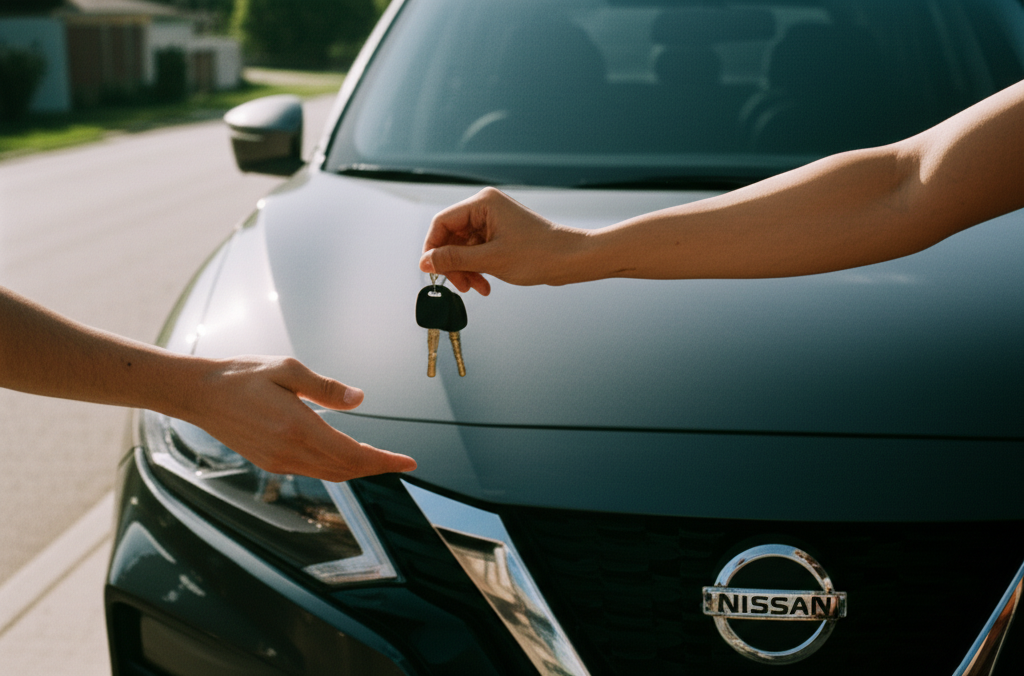
August 28, 2025
Nissan Financing Deals You Should SeeCraft expert SEO content that ranks high and builds trust. Learn to create valuable, authoritative material aligned with user intent and E-E-A-T.
Ellie Moore
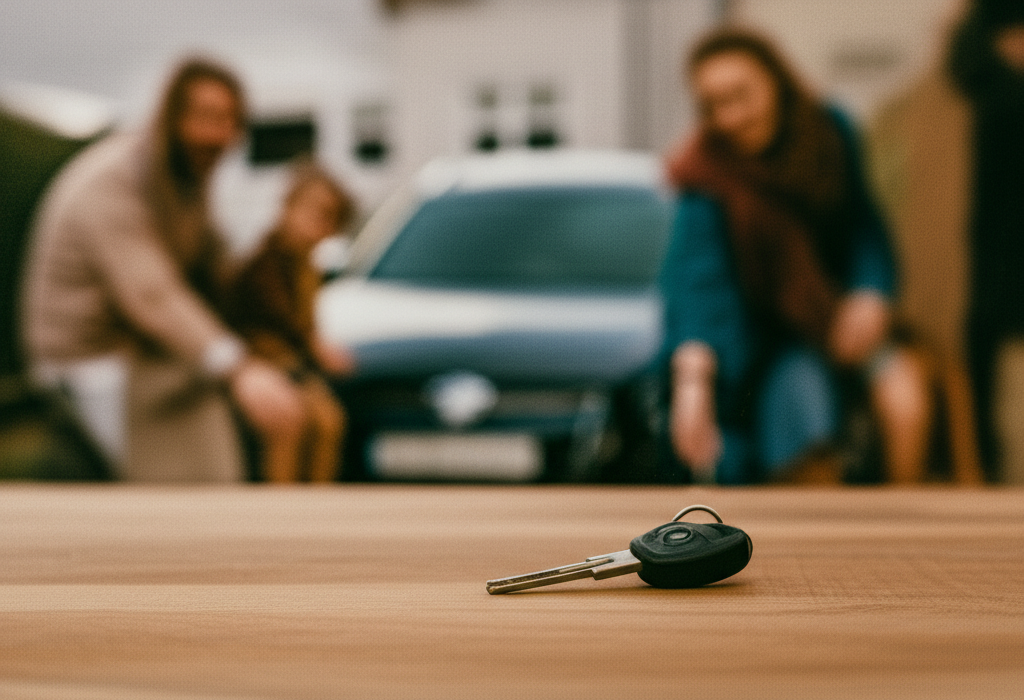
January 30, 2025
CarMax Auto Finance Made SimpleUnlock your online potential! Expert SEO content drives organic traffic, builds trust, and improves search rankings for ultimate business success.
Ellie Moore
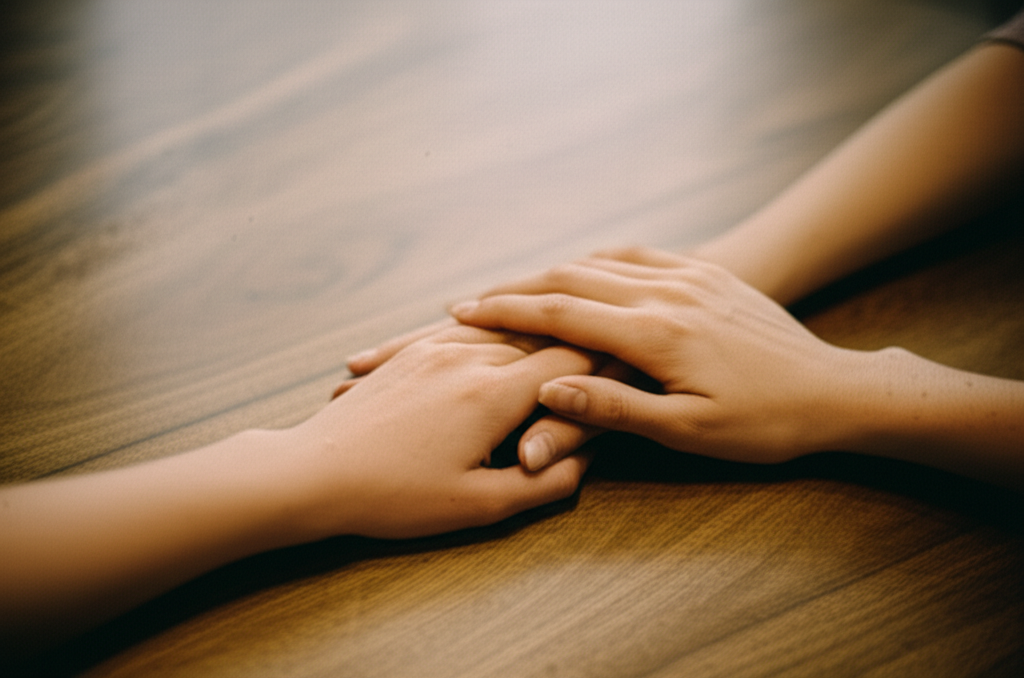
January 1, 2025
Security Finance Login Help GuideBoost rankings & build trust with expert SEO content. Learn how E-E-A-T (Experience, Expertise, Authoritativeness, Trustworthiness) drives audience value & succ...
Ellie Moore
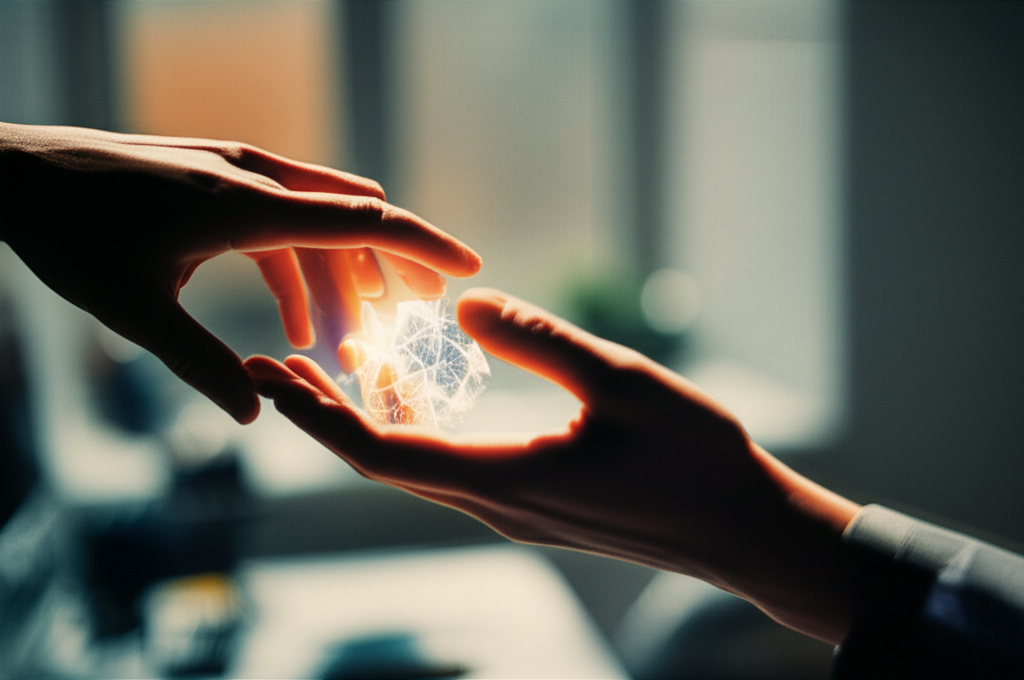
October 7, 2025
BTC Yahoo Finance Live TrackerGo beyond keywords! Discover expert SEO content that builds authority, earns trust, and ranks high. Master content that truly engages your audience.
Ellie Moore
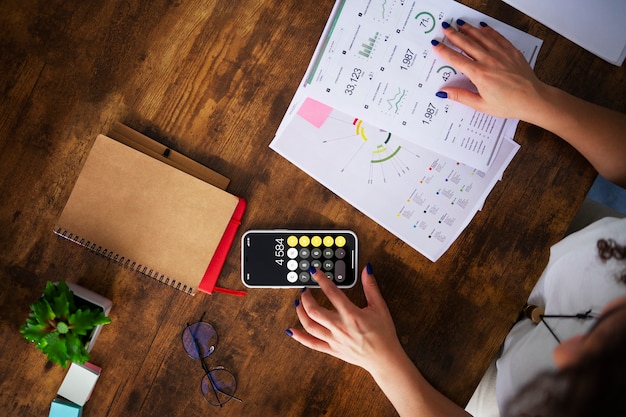
November 15, 2024
How to Build a Foolproof Budget for 2024Create a foolproof budget for 2024 with our comprehensive guide! Learn practical tips and strategies to manage your money effectively and achieve your financial goals. Start budgeting like a pro!
Ellie Moore
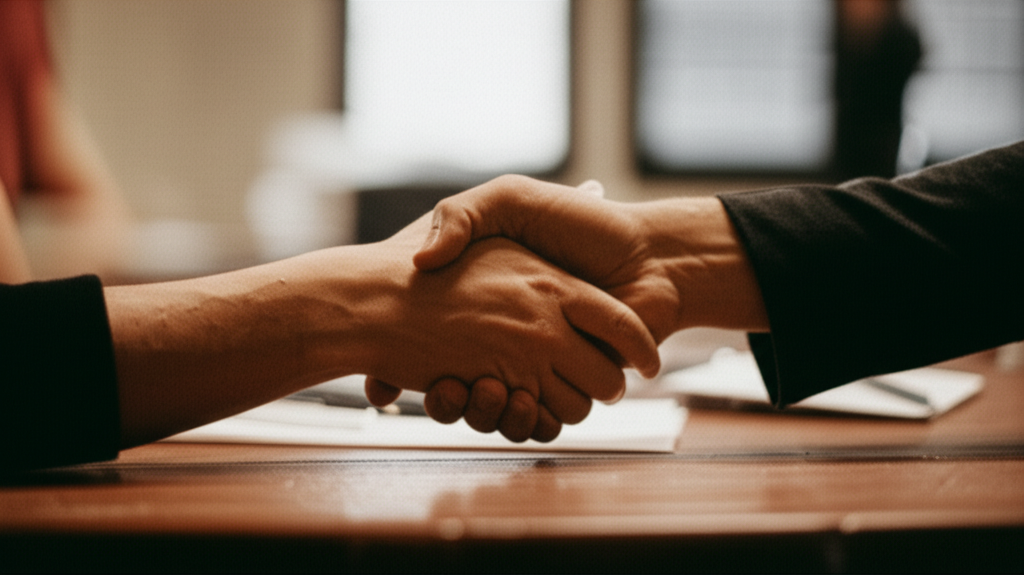
November 13, 2025
Inside EconJobRumors Finance ForumUnlock expert SEO content strategies! Move beyond keywords to prioritize user intent, high-quality information, and semantic SEO for top search rankings.
Ellie Moore
Insurance
View AllDon't risk your business. Our guide helps you identify, evaluate, and secure robust Essential Insurance and Companies to protect assets & ensure stability.
Ellie Moore
Before you travel, get the essential tips for choosing the perfect travel insurance policy for peace of mind.
Ellie Moore
Essential Travel Insurance Plans: Navigate coverage, costs, compliance, and tech. Secure your trip with insights for policyholders, agents, & risk managers.
Ellie Moore
Secure your home & finances! Our guide to essential house insurance helps you protect your most valuable asset with smart, informed decisions.
Ellie Moore
Decode your insurance policy! Learn to understand terms, coverage, and conditions with this beginner-friendly guide.
Ellie Moore
Navigating Car Insurance Quotes Massachusetts: Your Essential Guide to Optimal Coverage and Savings Are you a Massachusetts driver feeling the pinch of rising p...
Ellie Moore
Education
View AllUnderstand dyslexia and discover effective ways to support dyslexic students in the classroom. Learn proven strategies to improve learning outcomes.
Read MoreMOOCs are transforming the landscape of higher education. Learn how massive open online courses are making learning accessible to all.
Read MoreDiscover how flipped classrooms work and why they’re becoming popular. Learn the key benefits of this innovative teaching approach.
Read MoreSocial skills training is key for kids with autism. Learn practical strategies to improve social interaction and communication in children with ASD.
Read MoreThe digital divide limits education access. Explore strategies and initiatives to bridge this gap and ensure global learning equality.
Read MoreTake learning beyond the textbook with experiential education. Discover how real-world experiences create lasting knowledge and skills.
Read MorePopular Post 🔥
View All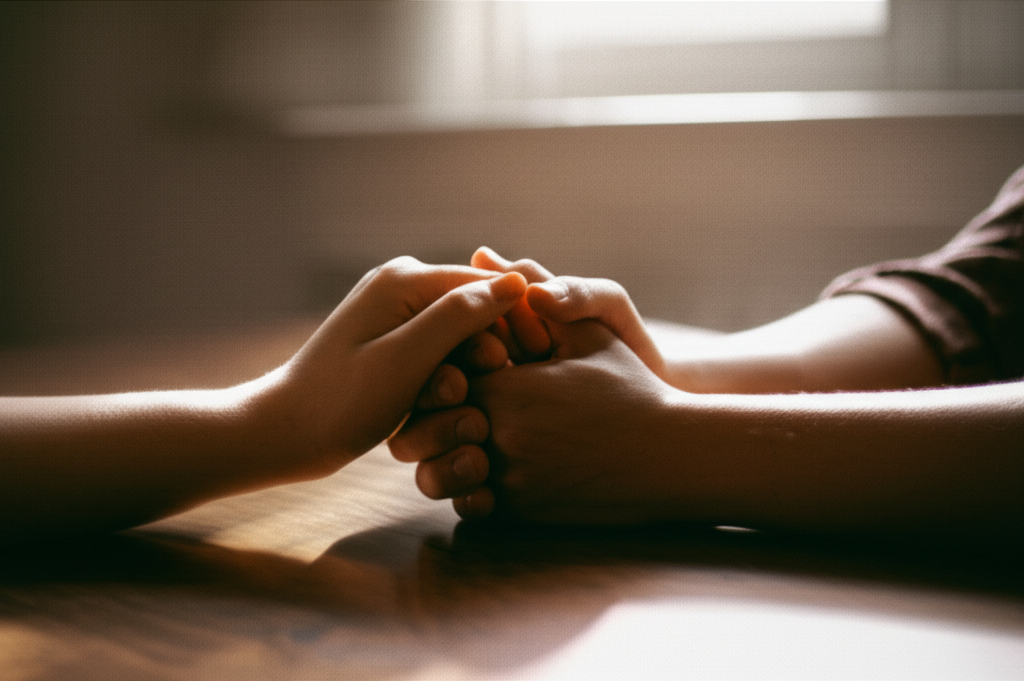
1
2
3
4
5
6
7
8
9
10
Health






Automotive
View All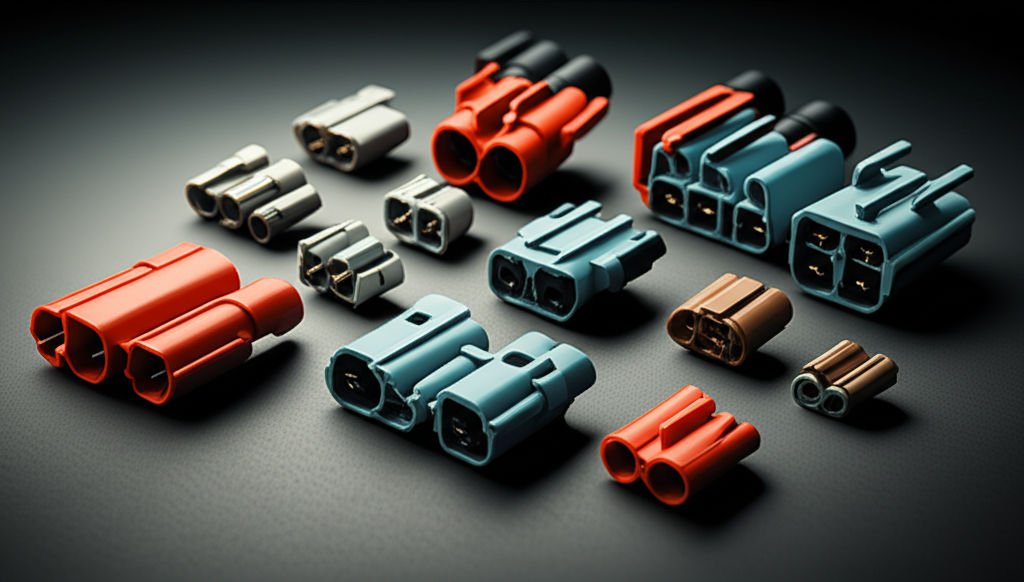
August 15, 2025
Best Automotive Electrical Connectors Reviewed
Boost vehicle safety & performance! This guide reveals why quality automotive electrical connectors are crucial & helps you choose the best ones.
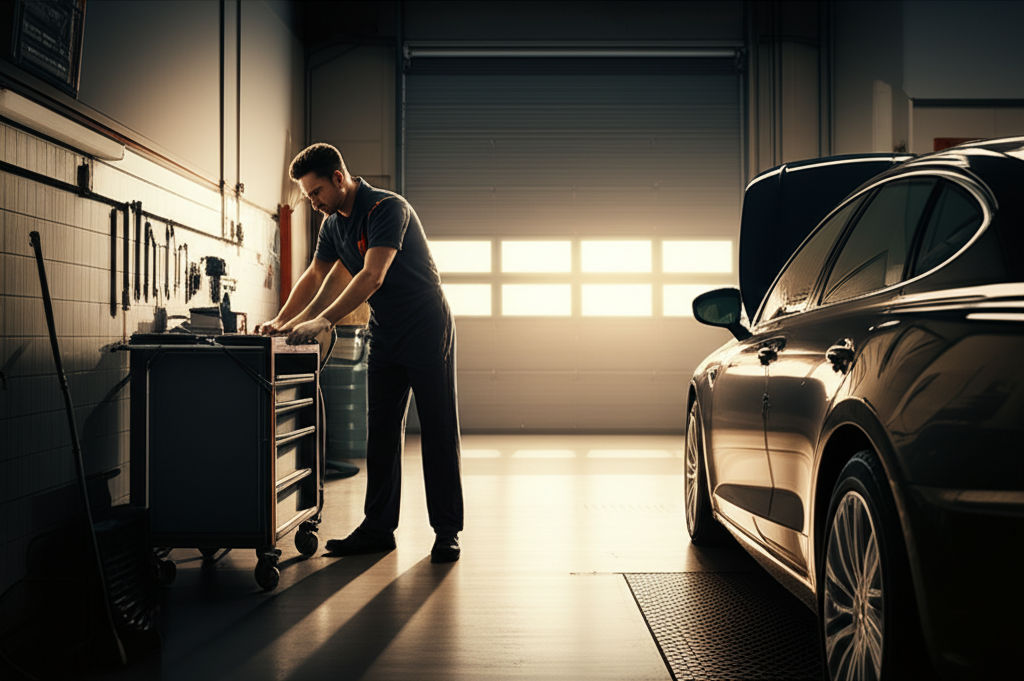
August 12, 2025
Village Automotive Friendly Local Car Experts
Discover why local village automotive experts offer unmatched personalized care, trust, and expertise for your car. Choose community-focused auto service.
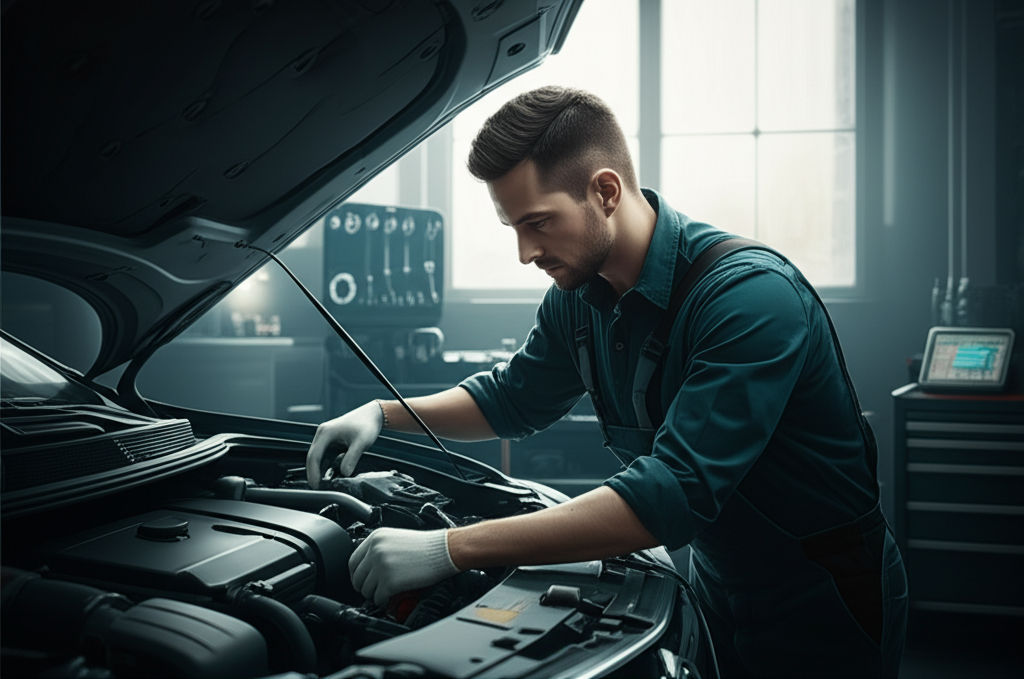
August 16, 2025
Where To Find Automotive Mechanic Jobs Today
Unlock a rewarding auto mechanic career! Discover high-demand jobs in a rapidly evolving, high-tech automotive industry. Your guide to success.

July 23, 2025
How To Land Automotive Sales Jobs Quickly
Fast-track your career in automotive sales! Learn actionable strategies to quickly land a high-paying job in this dynamic industry.

February 9, 2025
Ultimate Car Camping Guide: Gear & Road Trip Tips
Planning a car camping trip? Get the ultimate guide on gear, setups, and essential road trip tips for an unforgettable adventure!

August 8, 2025
High Tech Automotive Tools For Modern Mechanics
Modern mechanics need high-tech automotive tools to repair complex vehicles. Revolutionize your shop with advanced diagnostic equipment for EVs & ADAS.


